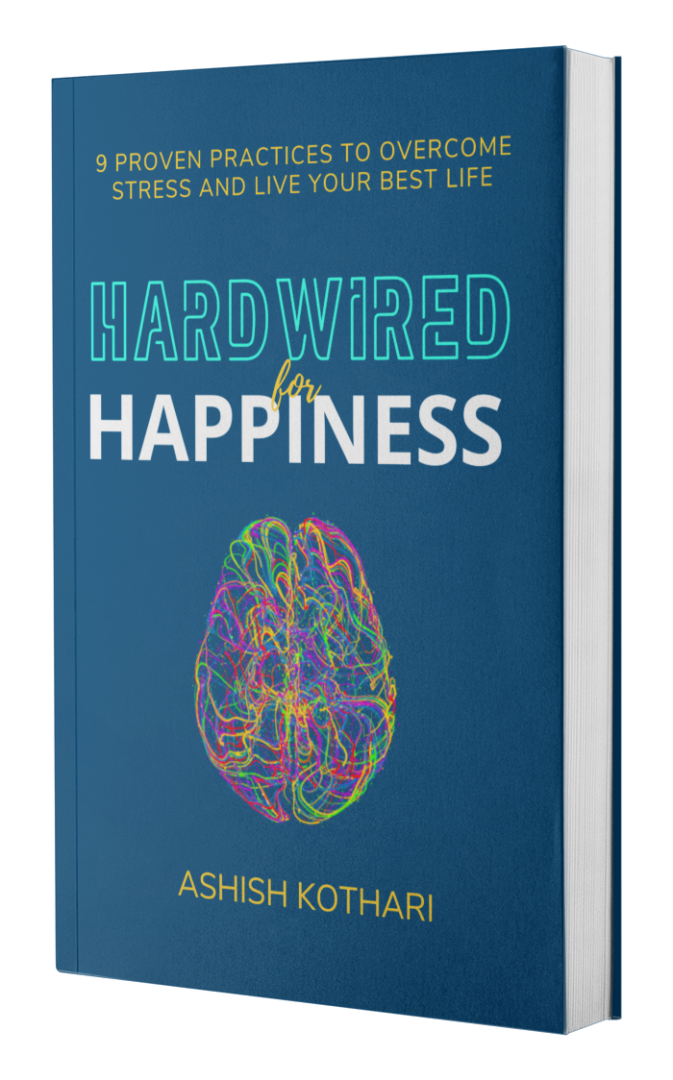Mastering Unpleasant Emotions - Anger

Hardships and obstacles are a part of life, and when we are faced with unpleasant emotions they can consume us. Learning to take control of our moods versus letting our moods control us can help us bounce back and emerge stronger when these obstacles occur.
Let’s take one of the most difficult emotions: mastering anger.
The root of anger is often to blame because a boundary important to you has been crossed. But what do you do when you blame someone? You point at them. But when you’re pointing, look at your hand. One finger is pointing out, and three are pointing back at yourself. When we think about anger, we often forget our role in it.
Philosopher Lucius Annaeus Seneca stated, “Anger is like temporary madness, it does more harm to the vessel in which it is stored than to the one it is poured on.” Science backs this up. Anger is an extremely powerful emotion that actually changes the chemical makeup of our brains.
When we’re angry, it activates the neurotransmitters of adrenaline and catecholamines in our brains. These neurotransmitters cause an intense exploding feeling that rushes through our bodies. This burst of energy is often underneath our impulsiveness and we end up often saying things we don’t actually mean.
Research has found that people who experience an outburst of anger for up to two hours are two times more likely to have a heart attack. Furthermore, studies also found that we lose 10 to 15 IQ points when we are in the grips of anger. So anger is not only hurting us physically and emotionally, it literally makes us dumber. It’s no surprise that anger leads to actions that we later regret.
When we’re angry, it’s important to remember that we don’t need to numb the feeling, but we also don’t need to act on it. If we can learn to master our mood and ride it out, then it will lose its grip on us.
In your next moment of anger, before you act, I want you to try three steps:
- Take three to five deep breaths
When you breathe deeply, this gives our body a chance for our parasympathetic system and our prefrontal cortex to come back online.
- Reframe and look inward
Take a moment to reframe the situation and try to broaden your perspective by asking yourself what role you might’ve played in this situation?
- Bring compassion to the moment
Finally, find a way to bring some compassion to the moment. See if you can understand and see the perspective of the other person, maybe something from their past caused this action, maybe they are also having a tough day.
These three steps will create space before you lose control.
I want to remind you that the goal is not to suppress the mastering anger, but to work through it more effectively. These three steps will help you both feel your anger and also harness that energy and wisdom underneath it to navigate the situation better.


